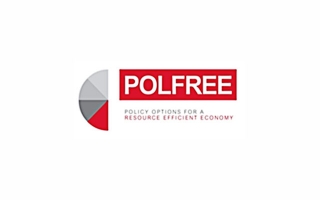Policy Options for a Resource-Efficient Economy (POLFREE)
The POLFREE project is about policies to improve resource efficiency. The first question which needs to be answered in order to motivate the project is why resources have been and are being used inefficiently, why is policy in this area necessary? The analysis will provide the entry point to the development of new concepts and paradigms that can radically increase resource efficiency. On the basis of this practical envisioning of a resource-efficient future, together with clear articulation of the kinds of policies that will be required to bring it about, scenarios will be built and modeled to give detailed insights into and quantitative representation of the relationships between policies, materials flows, environmental impacts and socio-economic outcomes. A major novelty of this project is that it will link three very different models (GINFORS, LPJmL and EXIOPOL) and use state-of-the-art modeling and institutional and economic analysis of drivers and barriers to study the effects of policy interventions. From its new vision for a resource-efficient Europe, the project will propose new policy mixes, business models and mechanisms of global governance through which resource-efficient economies may be promoted. The focus of the work of GWS will be in work package 3 (Scenarios and modelling of policy implementation for resource efficiency), in which the GWS has the lead.


